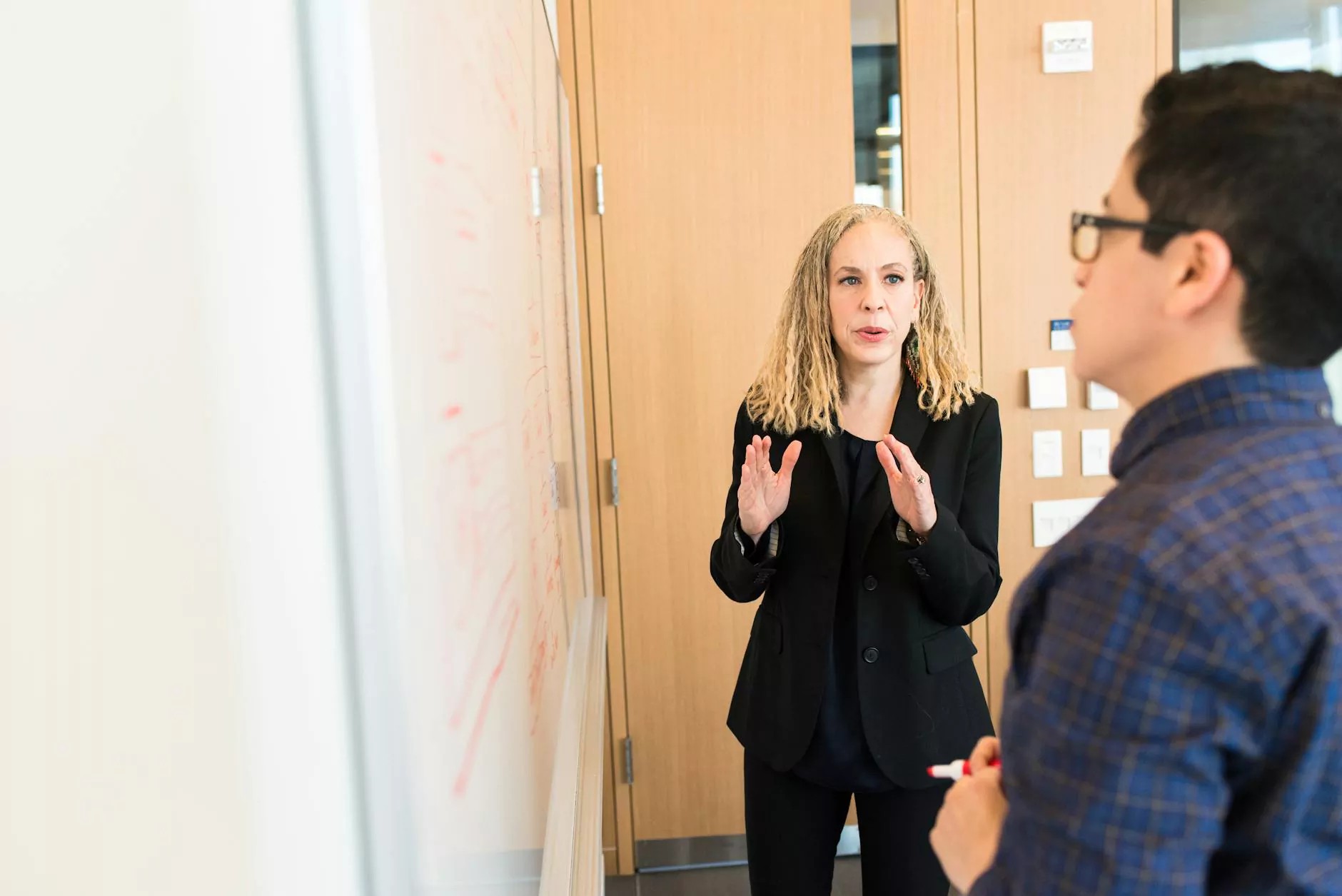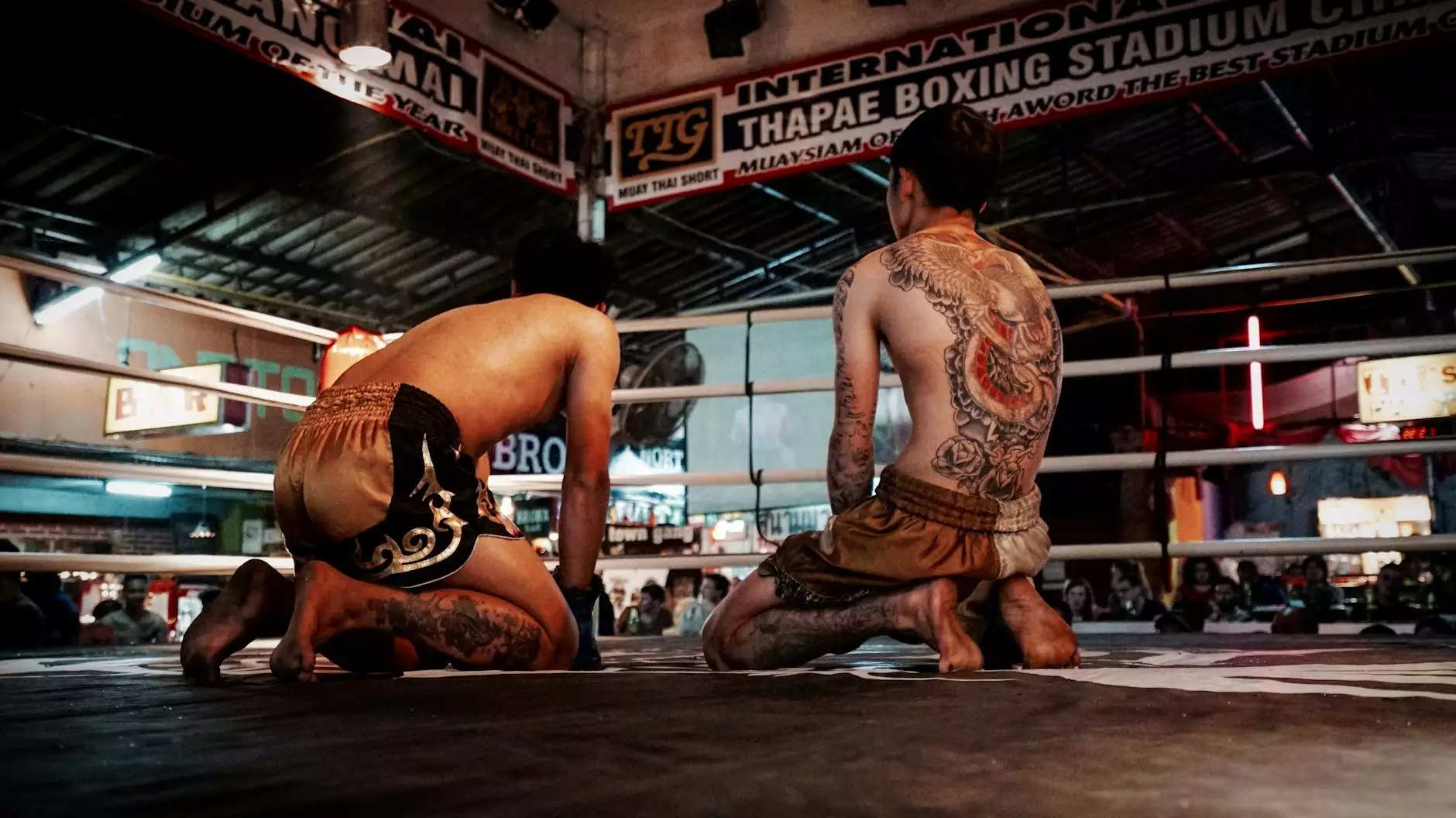Black Churches in NYC: Celebrating Faith, Community, and Cultural Heritage

The city of New York has long been a melting pot of diverse cultures, languages, and traditions, and among its most influential cultural institutions are the black churches in NYC. These churches are more than just places of worship; they are vital hubs of community preservation, activism, social upliftment, and spiritual growth. For over centuries, black churches have played a critical role in shaping the social fabric of New York City, empowering generations, and fostering resilient communities rooted in faith and cultural pride.
Historical Significance of Black Churches in NYC
The history of black churches in NYC dates back to the early 19th century, when African Americans faced intense social discrimination, slavery, and segregation. Despite these challenges, black churches emerged as beacons of hope, resistance, and resilience. They provided a sanctuary where enslaved and free Black individuals could find spiritual solace, community support, and avenues for activism.
Notable churches like the First African Baptist Church and Mount Olivet Baptist Church became instrumental in abolitionist movements, advocating for the end of slavery and equal rights. These historic institutions have preserved powerful narratives of perseverance, cultural identity, and faith-driven change that continue to influence the city and beyond.
The Role of Black Churches in Community Development and Social Justice
Modern black churches in NYC are more than spiritual sanctuaries—they serve as pivotal centers for community development and social justice activism. They actively engage in initiatives such as:
- Providing educational programs and mentorship for youth and adults
- Offering job training and workforce development services
- Supporting health and wellness through clinics and health education
- Operating food banks and clothing drives to aid the underserved
- Advocating for policy changes on issues such as police reform, voting rights, and economic equity
Through these efforts, black churches in NYC exemplify their commitment to uplift their communities, foster economic empowerment, and advocate for social change grounded in faith and justice.
Spiritual Leadership and Worship in Black Churches in NYC
Central to the identity of black churches in NYC is vibrant worship that combines traditional gospel, contemporary praise and worship, and soulful music. These churches are known for their dynamic sermons delivered by passionate pastors, encouraging members to live morally upright lives, pursue their spiritual calling, and serve others.
Music is a cornerstone of worship in these churches, with spirited choirs, gospel performances, and musical instruments that electrify the congregation. This expressive form of worship not only enhances spiritual connection but also reinforces cultural identity and community solidarity.
Pastoral leadership often emphasizes biblical teachings while addressing contemporary issues faced by the community, ensuring that faith remains relevant and empowering in a complex urban environment.
Community Outreach and Non-Profit Initiatives
Many black churches in NYC operate under a strong community service/non-profit ethos, extending their reach far beyond the sanctuary. Programs often include:
- Mentorship and youth engagement programs aimed at reducing dropout rates and promoting leadership skills
- Back-to-school supplies and scholarship programs for students
- Support groups for addiction recovery, mental health, and domestic violence
- Financial literacy classes to promote economic independence
- Partnerships with local organizations to address homelessness, food insecurity, and healthcare access
Through these initiatives, black churches in NYC demonstrate their unwavering dedication to fostering sustainable development and social equity, embodying the principle that faith must translate into tangible community benefits.
Celebrating Cultural Heritage and Identity
Black churches serve as custodians of cultural heritage, celebrating African-American history, music, art, and traditions. They host special events during Black History Month, Juneteenth celebrations, and cultural festivals that highlight the rich legacy and achievements of Black Americans.
These cultural expressions are woven into the fabric of church life, from gospel concerts and art exhibits to storytelling sessions, creating a vibrant environment for intergenerational learning and pride.
Such efforts maintain a strong sense of identity, resilience, and community cohesion, ensuring that cultural roots are preserved while inspiring future generations to carry forward their legacy.
Notable Black Churches in NYC
Some of the most influential and historic black churches in NYC include:
- First African Baptist Church of New York City – Established in the 19th century, serving as a cornerstone for abolition and civil rights.
- Mt. Olivet Baptist Church – Known for its active community programs and leadership in civic activism.
- Gospel Tabernacle Baptist Church – Celebrated for its vibrant worship services and cultural events.
- Shiloh Baptist Church – A leader in social justice initiatives and community outreach programs.
- Bridge Church NYC – A contemporary church committed to spiritual growth, community engagement, and multicultural inclusivity.
The Future of Black Churches in NYC
Looking ahead, black churches in NYC are evolving amid shifting demographics, technological advancements, and changing social landscapes. They are increasingly utilizing digital platforms to reach younger generations, offering online sermons, virtual community groups, and digital outreach programs.
Moreover, there is a growing emphasis on interracial collaboration and multi-faith partnerships to address broader societal issues, fostering inclusivity and collective action.
Despite challenges such as urban gentrification and declining church attendance in some areas, these institutions remain resilient, adapting their missions to serve their communities effectively while preserving their spiritual and cultural traditions.
Conclusion: Black Churches as Pillars of Unity and Progress
The black churches in NYC are more than historical landmarks—they are living, breathing entities that continually shape the social, political, and spiritual landscape of New York City. As vital hubs of worship, community service, cultural pride, and activism, they exemplify the enduring power of faith intertwined with collective action.
Through their unwavering dedication to empowering individuals, advocating for justice, and celebrating their rich heritage, these churches stand as pillars of resilience and hope—guiding their communities toward a brighter, equitable future.
Explore More with Bridge Church NYC
To learn about how our church continues to serve and uplift the NYC community, visit bridgechurchnyc.com. Join us in our mission of faith, service, and community building.









